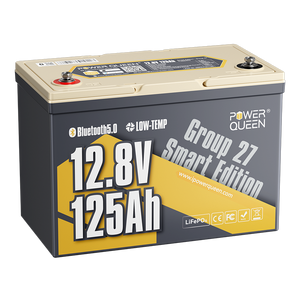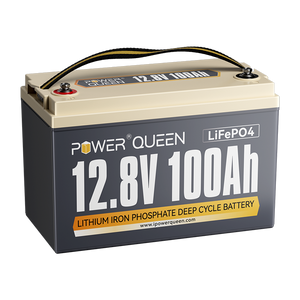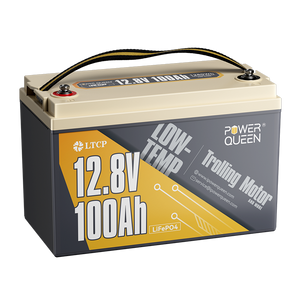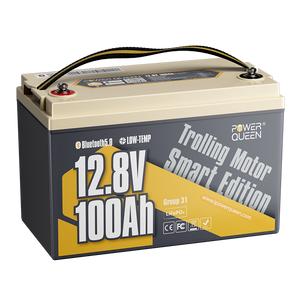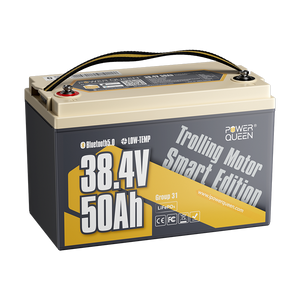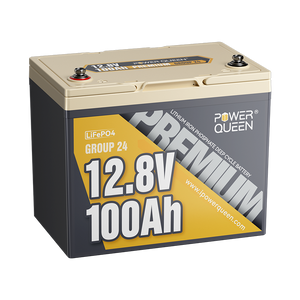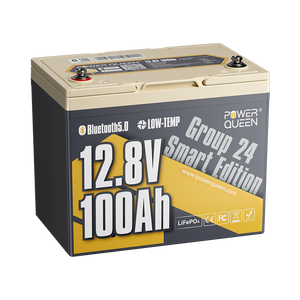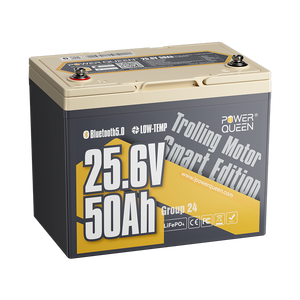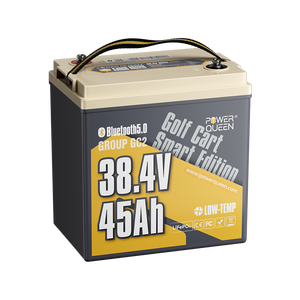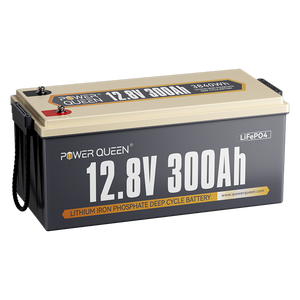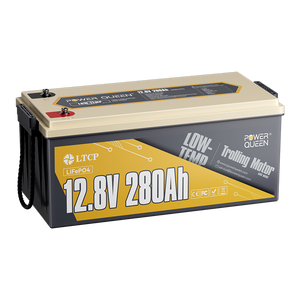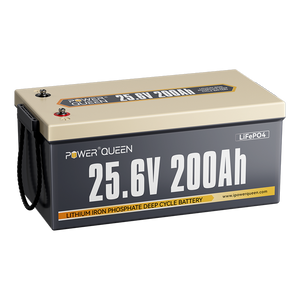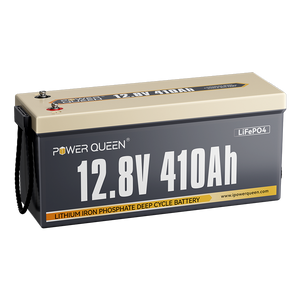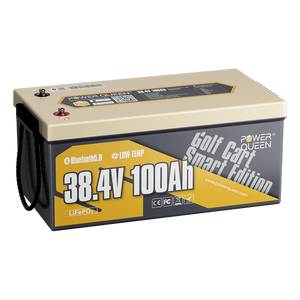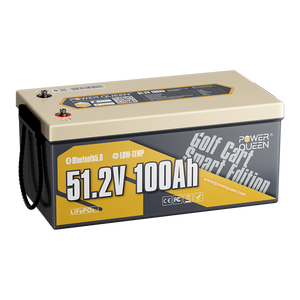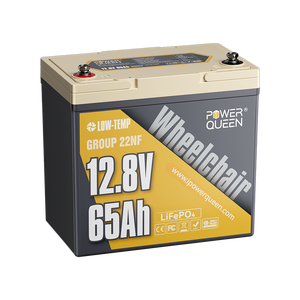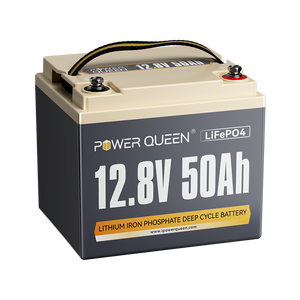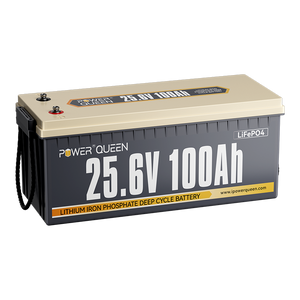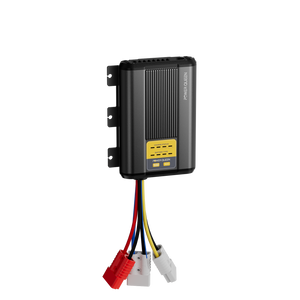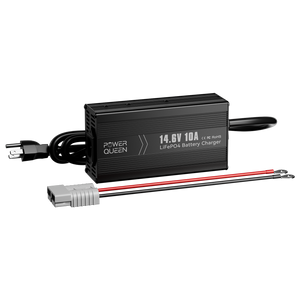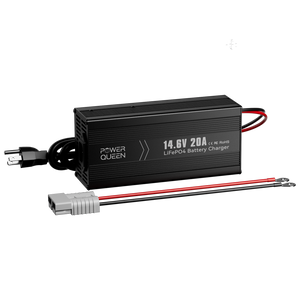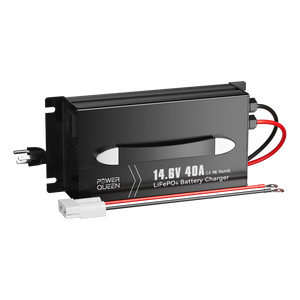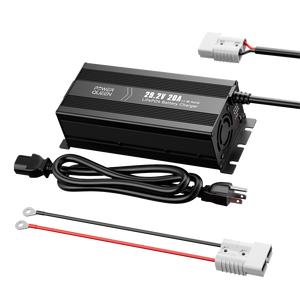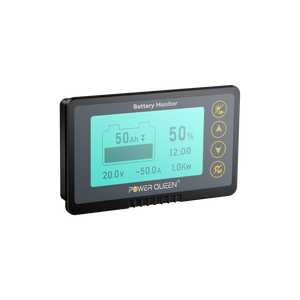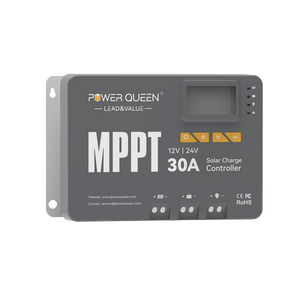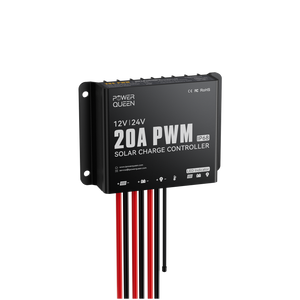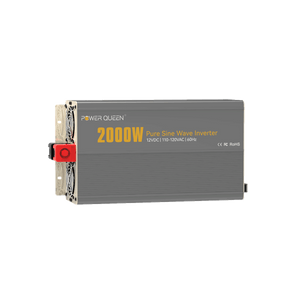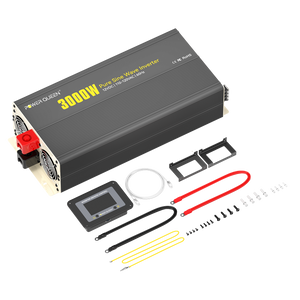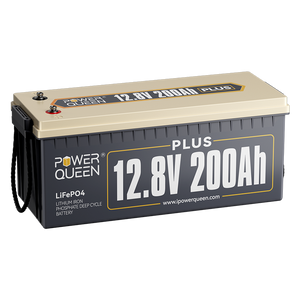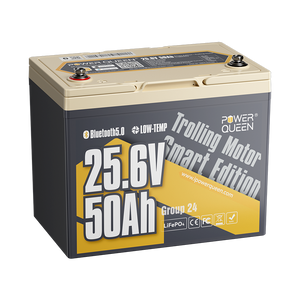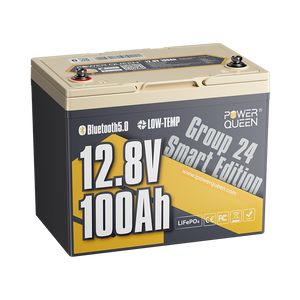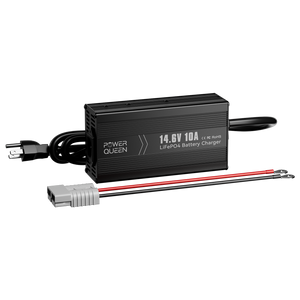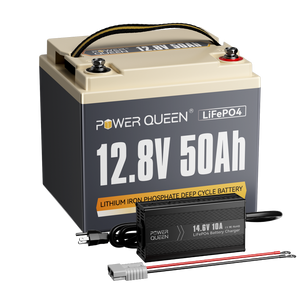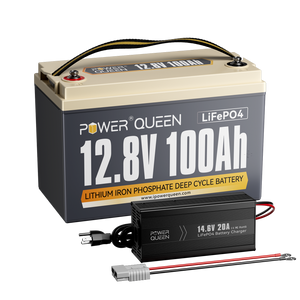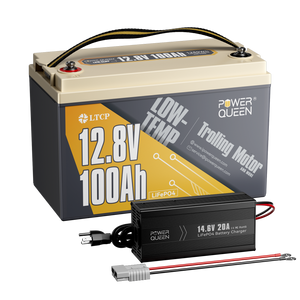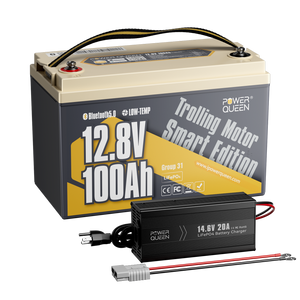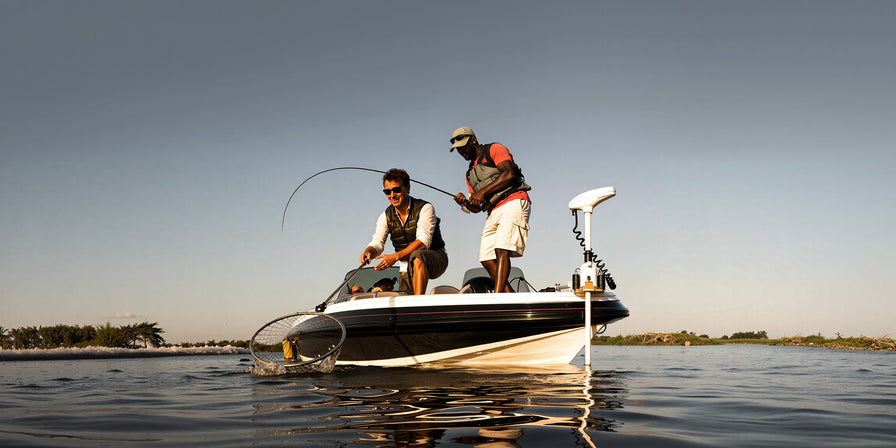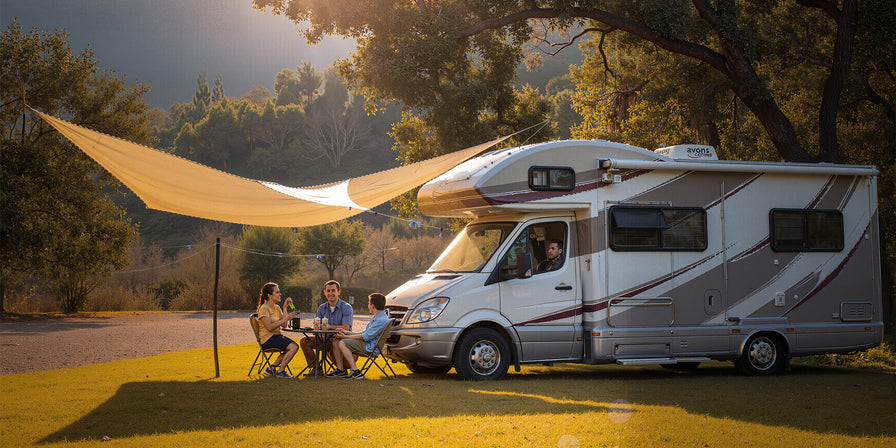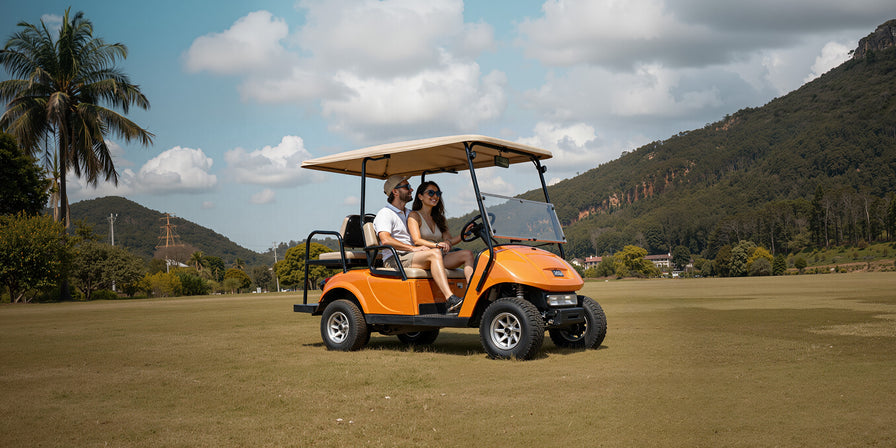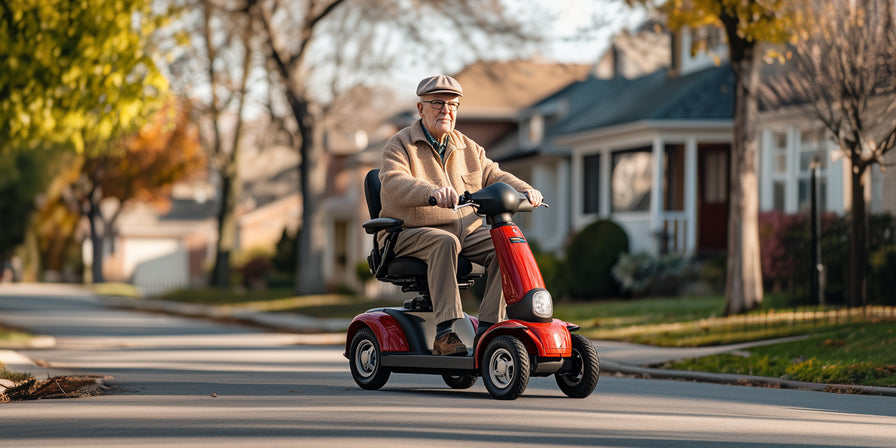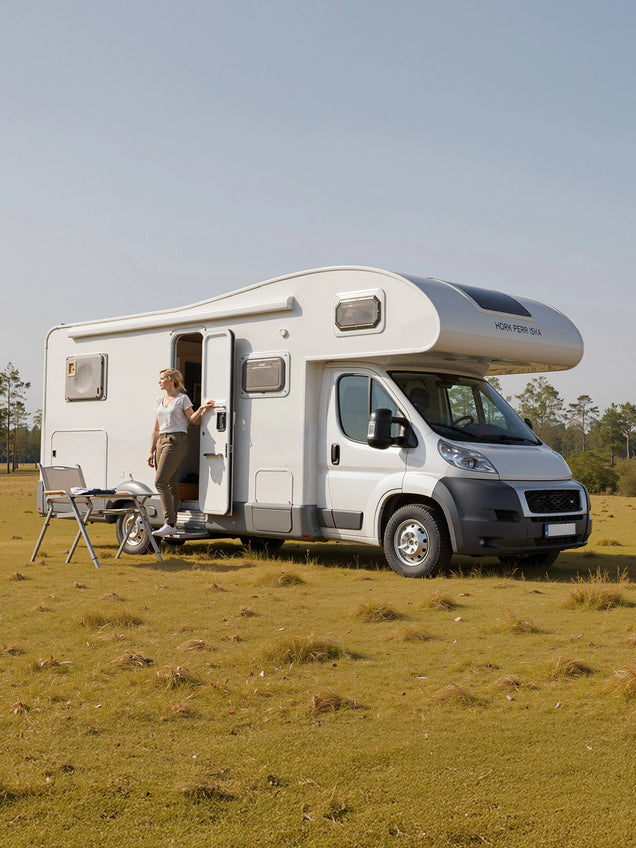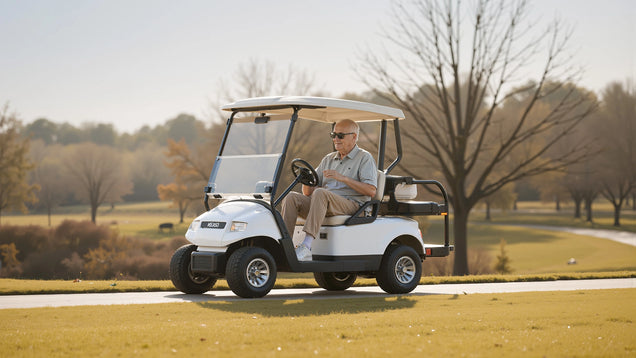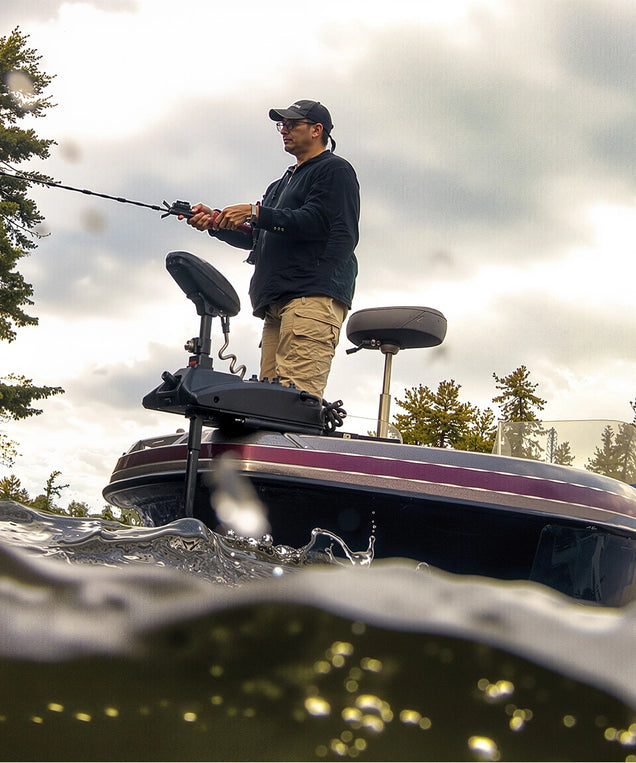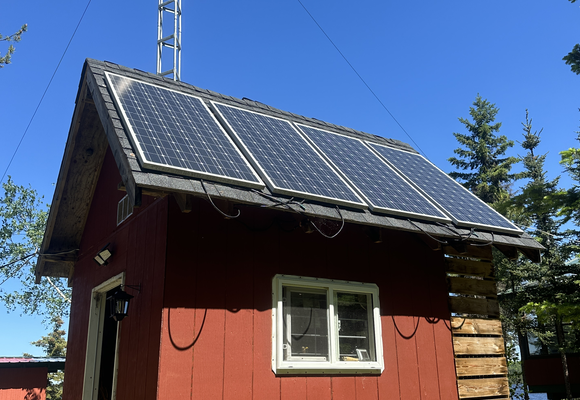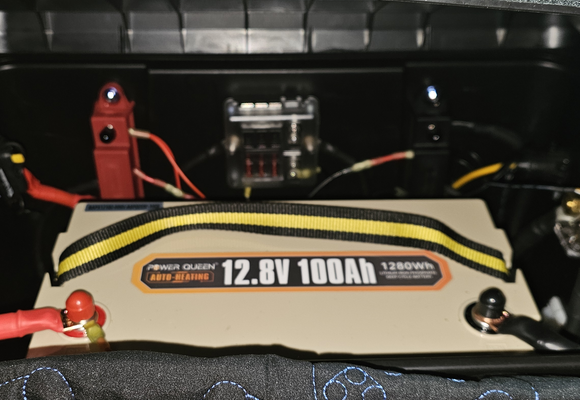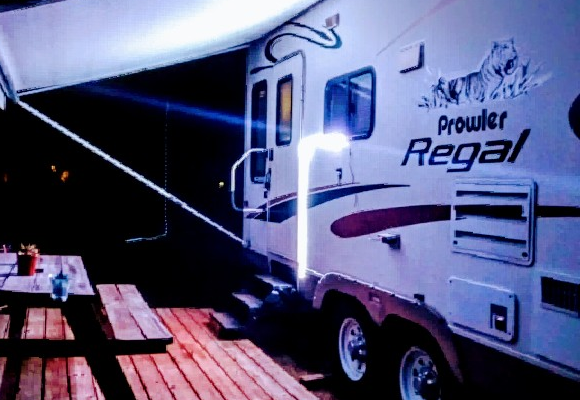[Full Guide] Trolling Motor Battery System: 12V, 24V, or 36V?
Trolling motor battery systems play a crucial role in powering your boat's trolling motor. Choosing the right voltage for your trolling motor is essential for optimal performance and efficiency. In this article, we will explore the different voltage options available (12V, 24V, and 36V) and discuss their pros and cons to help you make an informed decision.
Table of Content
- Part 1. Understanding Voltage Options
- 1.1 12V Battery System
- 1.2 24V Battery System
- 1.3 36V Battery System
- 1.4 How Voltage Impacts Trolling Motor Runtime
- 1.5 Factors to Consider When Choosing the Trolling Mortor Battery Voltage
- 1.6 Advantages of Higher Voltage Systems
- 1.7 Limitations of Higher Voltage Systems
- 1.8 Compatibility and Installation
- Part 2. Two 12V Batteries in Series or One 24V Battery? Pros and Cons
- Part 3. FAQs about Trolling Motor Battery System
- Part 4. Conclusion
Part 1. Understanding Voltage Options
There are three main voltage options for trolling motor battery systems: 12V, 24V, and 36V. Each option has its own advantages and limitations. Let's delve into each voltage option to understand their suitability for different applications.
1.1 12V Battery System
A 12V trolling motor battery system is suitable for smaller boats (thrust less than 70 lbs) and less demanding applications. It is a cost-effective option and provides sufficient power for basic trolling needs. However, it may not offer the same level of thrust and runtime as higher voltage systems.
Crafted for trolling motors, the Power Queen 12V 100Ah Low Temp LiFePO4 battery stands as a user-focused innovation. Weighing a mere 22 lbs and fortified with low-temperature protection, it integrates advanced technology and materials, bolstering its ability to handle increased instantaneous load capacity and enhanced shock resistance. This dependable and lightweight power source guarantees peak performance, even in challenging waters, catering to marine enthusiasts in search of a robust and high-performance solution.
![⚡[Final $189]⚡Power Queen 12V 100Ah Low - Temp Deep Cycle Lithium Battery - Power Queen US](//ipowerqueen.com/cdn/shop/files/PQ-12.8V100Ah-TM-A100_3b77bbf8-7348-456c-94ff-343e88acffe0.jpg?crop=center&format=webp&v=1769159385&width=400)
![⚡[Final $189]⚡Power Queen 12V 100Ah Low - Temp Deep Cycle Lithium Battery - Power Queen US](http://ipowerqueen.com/cdn/shop/files/PQ-12.8V100Ah-TM-A100_3b77bbf8-7348-456c-94ff-343e88acffe0.jpg?crop=center&format=webp&v=1769159385&width=400)
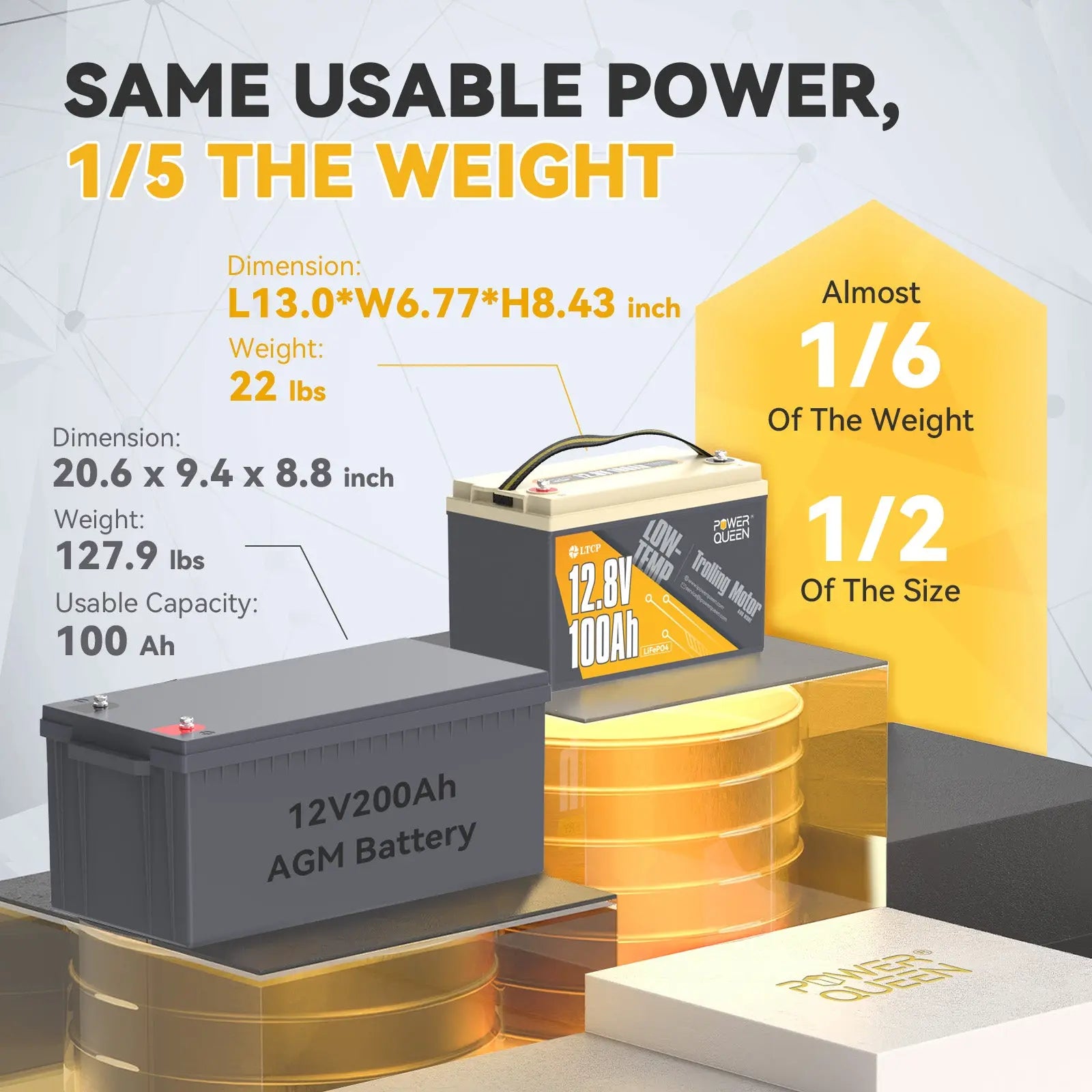
1.2 24V Battery System
Ideal for medium-sized (less than 100 lbs) boats, a 24V trolling motor battery system offers increased power and longer runtime compared to a 12V system. It provides a good balance between performance and cost-efficiency. If you have a moderately sized boat and require more power, a 24V system is a recommended choice.

1.3 36V Battery System
Designed for larger boats (<120 lbs) and heavy-duty applications, a 36V trolling motor battery system offers maximum power and longer runtime. It delivers the highest level of thrust and is ideal for anglers who require exceptional performance. However, it is worth noting that a 36V system comes with a higher cost and limited battery options.
1.4 How Voltage Impacts Trolling Motor Runtime
Voltage directly impacts trolling motor runtime. Higher voltage systems, such as 24V and 36V, generally result in longer runtime compared to 12V systems. This is due to the higher voltage allowing the motor to operate more efficiently, using less current to produce the same amount of power. Additionally, higher voltage systems typically utilize larger battery banks, providing increased overall energy storage capacity, which contributes to extended runtime. Therefore, selecting the appropriate voltage for your trolling motor is crucial in ensuring optimal runtime and performance on the water.
1.5 Factors to Consider When Choosing the Trolling Mortor Battery Voltage
When deciding on the voltage for your trolling motor battery system, several factors should be taken into account. Consider your boat's size and weight, the power requirements of your trolling motor, your runtime expectations, and your budget constraints. Evaluating these factors will help you determine the most suitable voltage option for your specific needs.
1.6 Advantages of Higher Voltage Systems
Higher voltage systems, such as 24V and 36V, offer several advantages over a 12V system. They provide increased power and thrust, allowing you to navigate through challenging conditions more efficiently. Additionally, higher voltage systems offer longer runtime, ensuring you can spend more time on the water without worrying about battery depletion. Moreover, these systems are generally more efficient, resulting in reduced heat generation and improved overall performance.
1.7 Limitations of Higher Voltage Systems
While higher voltage systems have their benefits, they also come with a few limitations. One primary consideration is the higher cost associated with these systems. Additionally, the availability of battery options might be limited for 24V and 36V systems. Lastly, compatibility issues may arise if you have an older trolling motor that is not designed to work with higher voltage systems.
1.8 Compatibility and Installation
Before finalizing your trolling motor battery system, ensure compatibility between your trolling motor and the chosen voltage option. Refer to the manufacturer's guidelines and consult with experts if needed. Proper installation is crucial to ensure optimal performance and safety.
Part 2. Two 12V Batteries in Series or One 24V Battery? Pros and Cons
Using two 12V batteries connected in series or a single 24V battery each has its pros and cons.
2.1 Two 12V Batteries in Series
Pros
- Availability: 12V batteries are commonly available, making it easier to find replacements if needed.
- Flexibility: Each 12V battery can be used independently in other applications if necessary.
- Cost: In some cases, connecting two 12V batteries might be more cost-effective compared to purchasing a single 24V battery.
Cons
- Complexity: Connecting batteries in series requires careful wiring and maintenance to ensure they are balanced and charged/discharged equally.
- Space: Accommodating two batteries and the required connections may require more space in the setup.
2.2 One 24V Battery
Pros:
- Simplicity: Using a single 24V battery simplifies the setup and reduces the complexity of wiring connections.
- Maintenance: A single 24V battery may require less maintenance compared to two 12V batteries in series, reducing the possibility of imbalance issues.
Cons:
- Availability: 24V batteries may be less commonly available compared to 12V batteries, potentially making replacements more challenging to find.
- Flexibility: Unlike with two 12V batteries, you may not have the option to use a single 24V battery for other applications.
Ultimately, the decision depends on factors such as cost, availability, space, and the need for flexibility in using the batteries for other purposes.
Part 3. FAQs about Trolling Motor Battery System
1. What type of battery is best for a trolling motor?
The best type of battery for a trolling motor is a deep-cycle marine battery. These batteries are designed to provide a steady amount of power over an extended period, which is ideal for trolling motors.
2. Can I use a car battery for a trolling motor?
While it is possible to use a car battery for a trolling motor in some cases, it's not the most effective choice. Car batteries are designed for quick bursts of high power to start a car's engine, whereas trolling motors require a steady, prolonged power supply, making deep-cycle marine batteries a better option.
3. Can I use a higher voltage battery system than recommended for my trolling motor?
It's generally not advisable to use a higher voltage battery system than recommended for your trolling motor. Trolling motors are usually designed to work with a specific voltage range, and exceeding this range can result in several issues such as motor damage, safety hazards.
4. How long will a 100Ah battery run a trolling motor?
A 100Ah battery is more than enough to sustain a 55 lb thrust trolling motor for the whole day.
5. Do different voltage systems require specific chargers?
Yes, chargers are matched to the battery voltage and a 12V charger can't be used on a 24V battery, for example. Use a charger labeled for the voltage system.

6. How long will a 24 volt battery last on a trolling motor?
Several variables influence the duration of a 24V trolling motor battery's operation—including sea conditions, boat size, and tidal patterns. Typically, for a standard vessel equipped with a 24-volt trolling motor battery (measuring 16-22 feet in length), the average runtime is approximately half a day.
Part 4. Conclusion
Choosing the right voltage for your trolling motor battery system is crucial for optimal performance on the water. Assess your boat's size, power requirements, and runtime expectations to determine whether a 12V, 24V, or 36V system is the best fit for your needs. Consider the advantages and limitations of each voltage option before making a decision. By making an informed choice, you can enhance your trolling motor's performance and enjoy a seamless boating experience.
